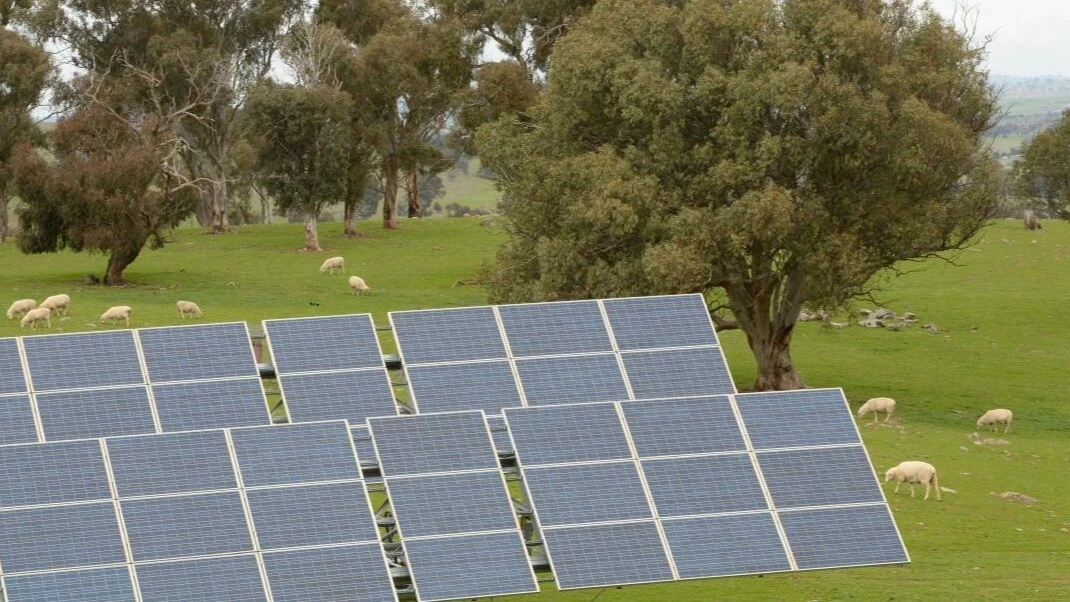The reality of investing in shares: Risk, reward, and the Tanzanian context

INVESTING in shares can be a powerful tool for wealth creation. It has produced dollar millionaires and even billionaires—Warren Buffet and the late Charlie Munger are testament to that. But let’s be clear: making money in the stock market is neither accidental nor guaranteed. It demands informed decisions, patience, deep research, and, crucially, the ability to tolerate risk.
In finance, we often talk about the risk-reward spectrum—the higher the potential return, the higher the associated risk. Shares sit toward the top of this spectrum. They are volatile and influenced by a multitude of variables, including macroeconomic conditions, government policy, industry trends, and company-specific developments. Every investor must understand this before committing their hard-earned capital.
In Tanzania, the Dar es Salaam Stock Exchange (DSE) has matured significantly over the past decade, providing companies with a platform to raise capital and enabling citizens to acquire ownership stakes in leading corporations.
Some stocks have performed exceptionally well. Take CRDB Bank, for instance: once trading at around 120/- per share in early 2015, the stock surged to over 700/- by 2025—thanks to consistent profitability, dividends, and growing investor confidence. Similarly, Twiga Cement shares rose from 3,600/- in January 2025 to over 5,500/- by May, offering a return of more than 50% in just five months.
These are the kind of capital gains that attract investors—but not all stocks follow this path.
Some shares stagnate or decline. Vodacom Tanzania, one of the most high-profile listings in recent years, dropped from 850/- at listing to 740/- after five years. Despite consistent dividends, concerns around liquidity and capital appreciation have dented investor confidence.
This underscores a vital point: the stock market rewards performance, transparency, and a strong future outlook. When any of these falter—or are perceived to falter—the market responds.
Investor excitement often fades after a company achieves its initial growth targets, especially if it fails to innovate or improve shareholder returns. Illiquidity also becomes an issue. When trading volume is low, even selling at a loss can be difficult. Vodacom’s limited daily trades reflect this challenge, despite its national importance and large market capitalization.
Policy shifts and regulatory burdens also shape market behavior. Increased taxation and regulatory hurdles can sap investor enthusiasm. For example, East African Breweries Limited (EABL) has repeatedly cited rising excise duties in both Tanzania and Kenya as factors cutting into profits, leading to cautious dividend declarations.
Vodacom Tanzania has likewise faced regulatory challenges. In 2019, the government’s push for biometric registration led to the disconnection of nearly 3 million customers. According to company officials at the 2020 AGM, this move wiped out an estimated TZS 3 billion in monthly revenue and significantly reduced market share. Then, in 2021, the government introduced a controversial levy on mobile money transactions, which insiders say slashed operator revenues by 10–15 percent.
These headwinds—policy unpredictability, heavy taxation, and operational restrictions—directly affect investor sentiment and reduce the appeal of Tanzanian equities to both local and international investors.
Despite these challenges, dividends remain a strong motivator for investors. Regular dividend payouts suggest that a company is generating cash and rewarding shareholders. However, dividends are never guaranteed. Companies may choose to reinvest profits, reduce debt, or withhold dividends during tough times. Investors must understand that today's high dividend yield doesn’t ensure the same tomorrow.
Vodacom has shown resilience by maintaining dividend payouts, even in the face of regulatory pressures and slow capital appreciation. Though its yields may not match returns from bonds or real estate, consistent dividend declarations build long-term investor confidence.
Some argue that companies with consistently low dividends should be de-listed. That view is misguided. Dividend policy is not grounds for de-listing. Companies are removed from the exchange only through voluntary action (e.g., mergers or restructuring) or regulatory force—such as insolvency or governance failures.
NICOL, for instance, was de-listed due to compliance issues, not performance. After reforms, it was re-listed. De-listing serves as a safeguard—not a punishment for low returns.
Investors must look beyond short-term gains. Wise investing means understanding a company’s fundamentals, assessing long-term value, and diversifying portfolios to manage risk.
Don’t commit your entire savings to one stock—or act on hearsay. Discipline, financial literacy, and patience are the true pillars of investment success.
If you have 20m/- to invest, consider allocating only 20% to equities. The rest can go into safer instruments like government bonds, mutual funds, or money market funds, depending on your risk appetite and goals. Wealth is built not through luck or hype, but through informed, consistent effort.
Ultimately, investing in shares is not about timing the market—it’s about time in the market. Your returns will be shaped by many factors: corporate performance, dividends, regulatory policies, economic shifts, and investor sentiment.
So, take your time. Seek advice. Read carefully. And invest wisely.
Salum Awadh is a 15-year investment banker and financial advisor based in Dar es Salaam
Top Headlines
© 2025 IPPMEDIA.COM. ALL RIGHTS RESERVED

























